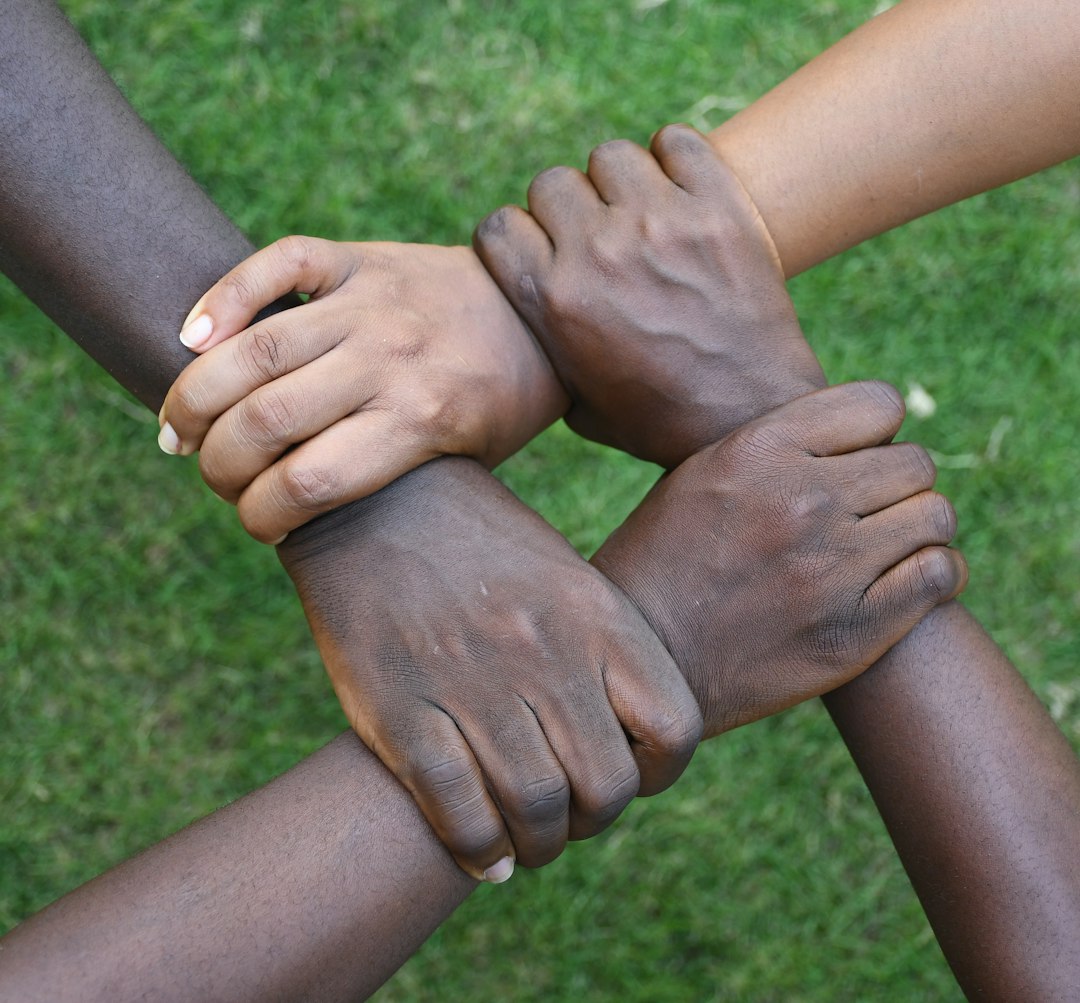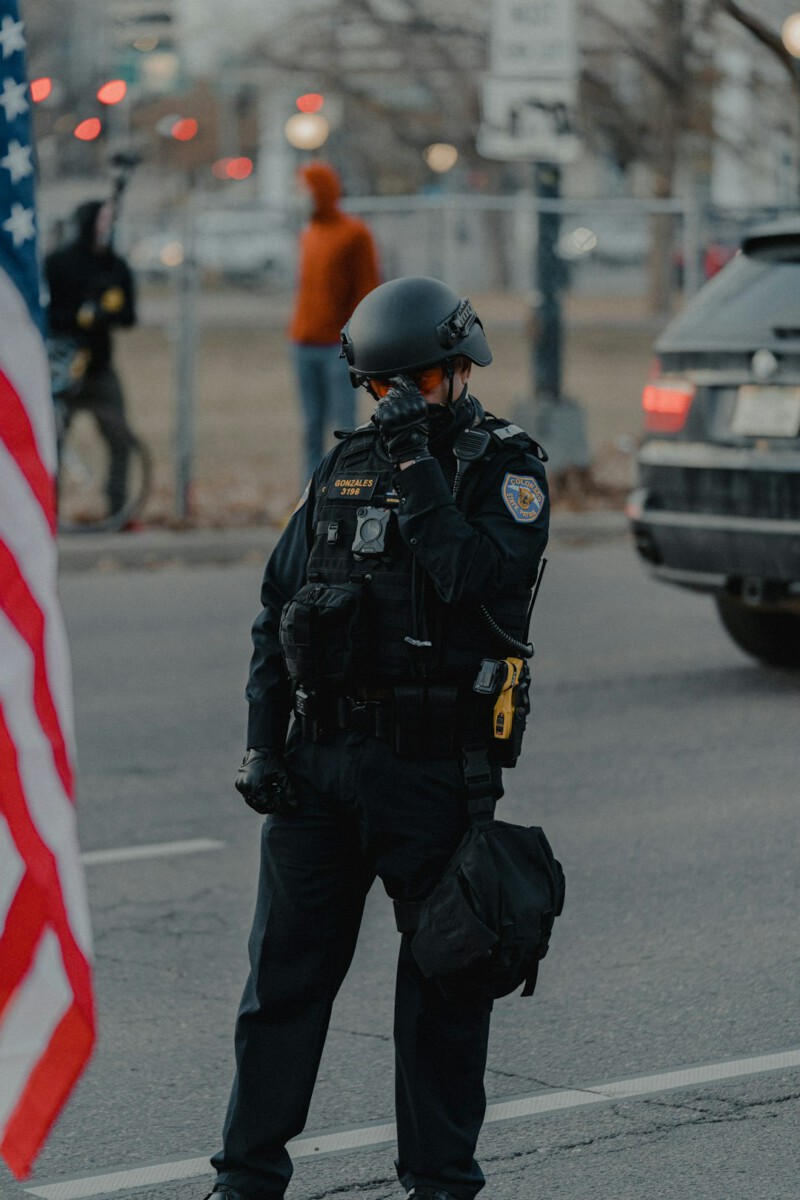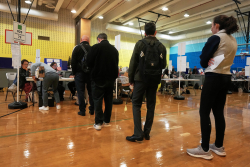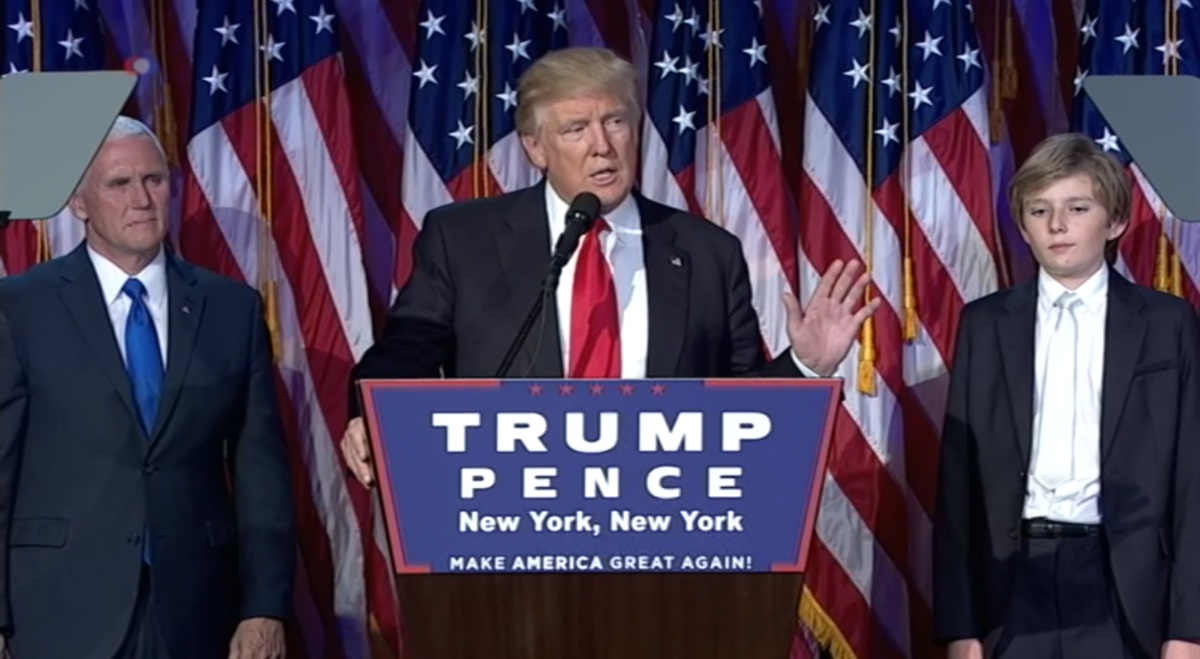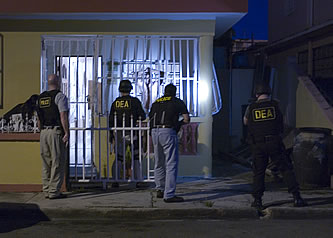The Shocking Leak That Exposed It All (Image Credits: Unsplash)
In the quiet hum of late-night notifications, private messages among ambitious young politicos reveal a troubling undercurrent of hate that spills over into the public eye.
The Shocking Leak That Exposed It All
Imagine scrolling through thousands of texts filled with slurs and vile jokes. That’s exactly what happened when a private Telegram chat among Young Republican leaders got leaked earlier this month. These weren’t random trolls; they were up-and-coming figures from groups in New York, Kansas, Vermont, and beyond, tossing around racist epithets like casual banter.
The fallout hit fast. Reports from outlets like Politico detailed over 2,900 pages of messages, including praise for Hitler and fantasies of violence. It’s a stark reminder that behind closed digital doors, some political circles harbor the darkest impulses.
This isn’t isolated. Similar scandals keep popping up, forcing us to ask why these chats turn toxic so often.
Anonymity’s Dangerous Allure
People let their guards down in group chats because no one’s watching, right? That sense of invisibility lets ugly thoughts flow freely. In politics, where stakes are high and emotions run hot, this anonymity amps up the problem.
Take the recent Young Republicans case. Members used slurs against Black, Latino, Asian, and LGBTQ+ people without a second thought. They joked about gas chambers and slavery, figuring the chat stayed private. Yet when it leaked, careers crumbled overnight.
Experts point out that apps like Telegram make it easy to form echo chambers. You surround yourself with like-minded folks, and soon, extreme views feel normal.
Polarization Pushes the Envelope
Politics today feels like a battlefield, doesn’t it? With divisions deepening, group chats become safe spaces to vent frustrations in the harshest ways. Racist rhetoric slips in as a twisted way to bond over shared enemies.
In the leaked chats, participants targeted opponents with homophobic terms and antisemitic tropes. One even called rape “epic.” It’s as if the heat of political tribalism strips away basic decency.
This pattern shows up across the spectrum, though recent news highlights it in Republican youth groups. The result? A cycle where hate speech normalizes, eroding trust in the whole political process.
Youth and Ambition Gone Wrong
Young politicos often join these groups to network and climb the ladder. But ambition can blind them to consequences. In the rush to fit in, they match the room’s energy, even if it’s poisonous.
Leaders like those in the New York State Young Republicans faced suspension after the leak. Others, including a Vermont state senator, resigned amid the backlash. It’s a harsh lesson in how private words can derail public lives.
Still, the allure persists. These chats promise insider access, but they often devolve into breeding grounds for bigotry.
The Broader Impact on Democracy
When racist chats leak, they don’t just embarrass individuals; they poison public discourse. Voters lose faith, seeing hypocrisy in leaders who preach unity but spew hate privately.
Condemnations poured in from figures like Senator Tim Scott, calling the messages “disgusting and unacceptable.” Groups disbanded, jobs vanished, yet the damage lingers, widening societal rifts.
To grasp the scale, consider this list of recent repercussions:
- New York State Young Republicans suspended indefinitely.
- Kansas Young Republicans vice chair ousted from leadership.
- Multiple members lost staff positions in government offices.
- Vermont legislator resigned, citing the scandal.
- National GOP leaders distanced themselves publicly.
Steps Toward Cleaning Up the Conversation
Fixing this mess starts with accountability. Platforms could enforce stricter moderation, but real change needs cultural shifts in political circles. Training on bias and ethics might help young leaders think twice.
Some groups are responding by overhauling memberships and promoting inclusive values. It’s a start, though rebuilding trust takes time.
Ultimately, voters hold the power. Calling out this behavior pressures parties to evolve.
Key Takeaways
- Racist group chats thrive on anonymity and echo chambers in polarized politics.
- Recent leaks among Young Republicans led to resignations and suspensions, highlighting real consequences.
- Addressing this requires education, accountability, and a commitment to inclusive dialogue.
These scandals remind us that words, even in private, shape our shared future. What steps do you think politics should take to root out this kind of hate? Share your thoughts in the comments.

